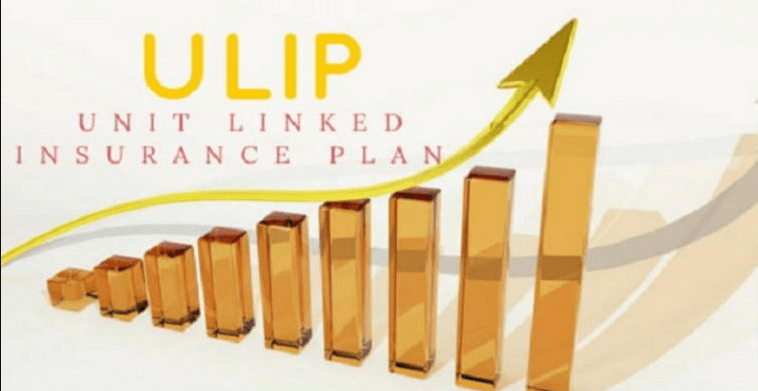Finances can feel like a very dull and dry topic. In fact, sometimes they are just awkward to think about – no-one wants to think about how their money might run out one day, or talk about earnings with their friends and family. But this is why it’s important to spell out all the different ways in which money should be considered – we don’t talk about it. Here are useful steps to get a grip on your financial situation:
1. Save a little every day
The saying goes that you should save for a rainy day – and like many sayings, it’s true. We never know when a personal or national disaster is going to hit – COVID-19 is the perfect example of that. Depending on interest rates, the best investment maybe buying a house with a low-rate mortgage. But sometimes investment funds are the best way to go. Another option is government bonds, which are on the less risky end of the spectrum. Whatever your choice, make sure you put aside a decent percentage of the money which you earn each month. Some put away more than 20% of their salary, once they are earning a decent income.
2. Start a pension
Many workplaces will put money into a pension pot from your salary each month, as well as matching the percentage you put into the pension pot themselves. Doing so can be a really great way of building up a pension, and maximizing the money you will live off when you retire. It may even help you to retire early. Do your research on good pension providers – many will spread their investments across different funds, so you can feel confident and rest assured that even if one industry has a downturn, another will be doing better, and overall your pension will be in good shape.
3. Finance your old-age care
When you get older, it is likely that you will not be able to take care of yourself in the way you once did. Getting a 24/7 carer can be expensive, so it is really crucial to think about what will be realistic for you when you reach old age. This is where memory care living can be really useful, as it allows for you to be taken care of when your mental facilities are not so strong, and you can formulate a plan in advance, when your faculties are stronger, about which kind of place might be best. This also brings peace of mind.
4. Calculate your estate taxes
Wills are very important – they mean that your money and possessions go to those who you want to receive them, rather than being divided up according to state laws. One consideration when making a will is estate or inheritance taxes, which can result in hefty luvvies being paid out of your estate. This is why it is important to do the research on what the rules are where you live.
There you have it – the main financial considerations you need to have under control. Before embarking on any financial decision, it’s wise to seek the advice of an independent financial adviser, who is well-placed to guide through the ins and outs of wills, pensions and inheritance.




